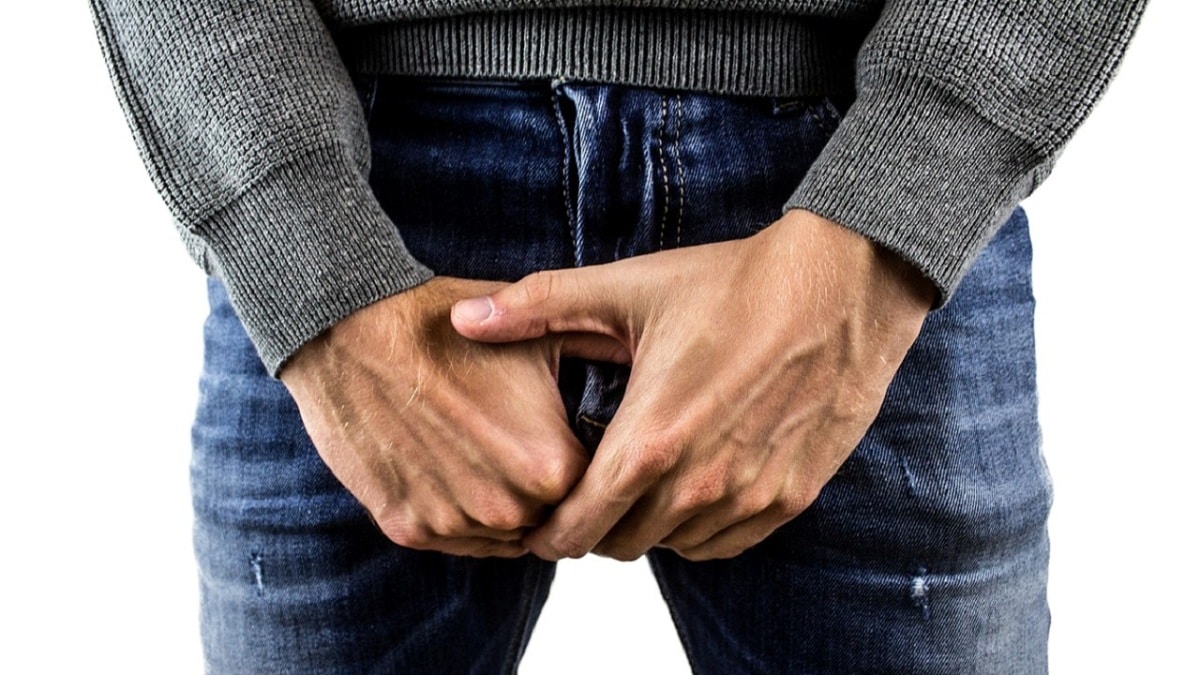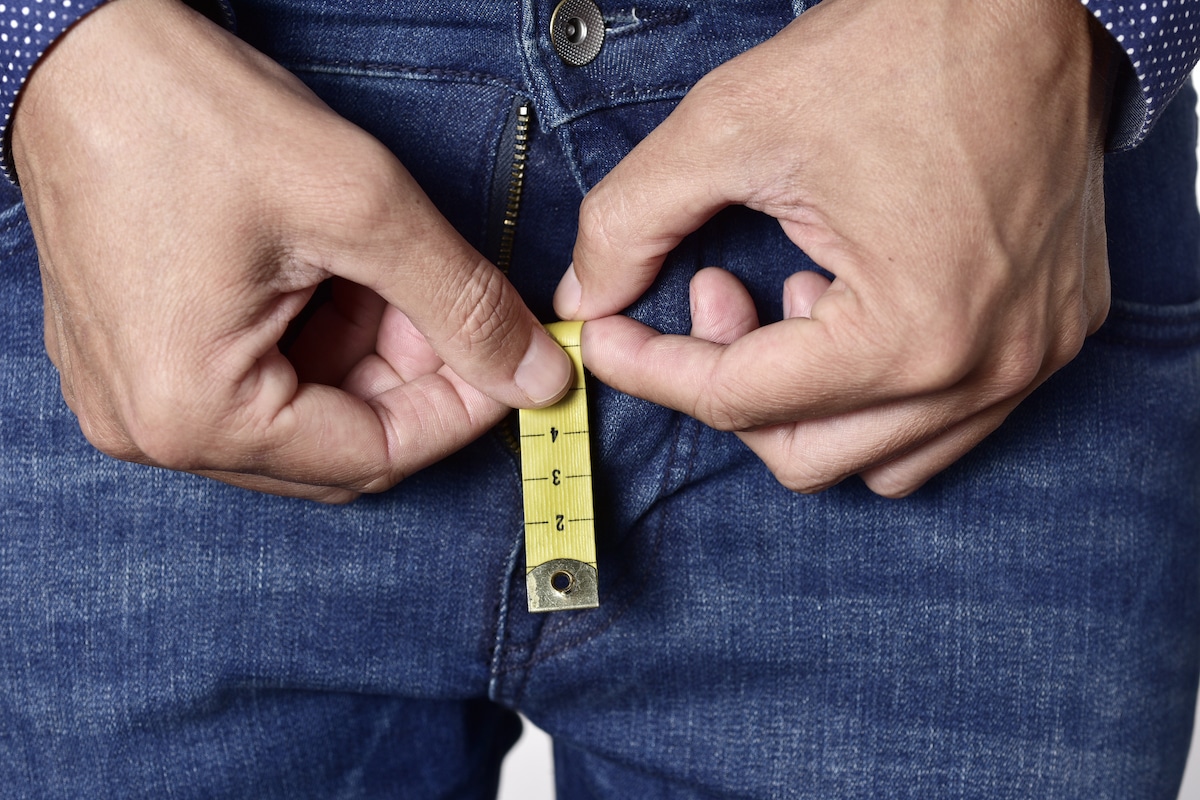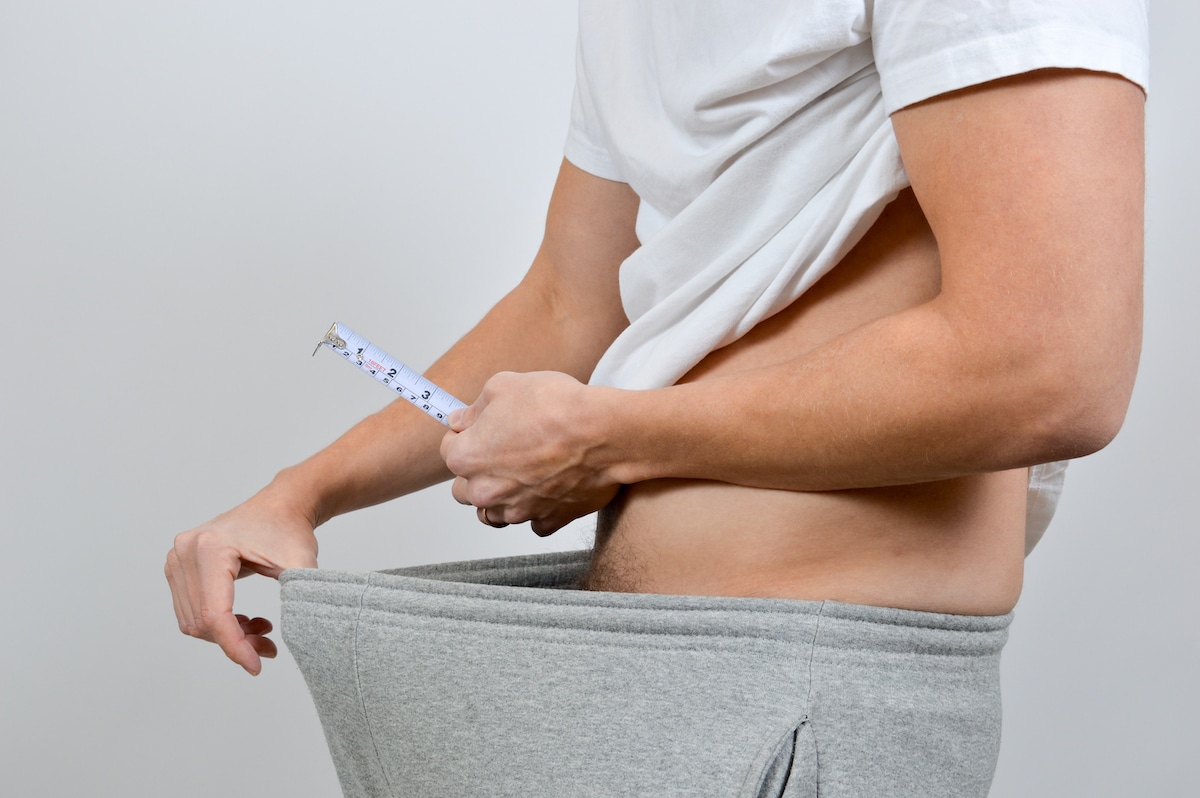
The health of the penis is an important aspect in the state of a man. It goes beyond the ability to have and maintain an erection, ejaculate and reproduce. There are numerous penile diseases that you have to know how to treat in time to avoid future problems. These problems can be the sign of an underlying health condition. There are numerous health problems that affect the penis and that can affect other areas of life.
Therefore, in this article we are going to tell you what are the main diseases of the penis, how you should recognize them and what are their characteristics.
Main diseases of the penis

Penis problems can be a sign of an underlying health condition. Health problems that affect the penis can also affect other aspects of life, causing stress, relationship problems or a lack of self-esteem. Learn the signs and symptoms of penis problems and how to protect penis health.
Problems related to sexual function, sexual activity, and penile health include:
- Erectile dysfunction: it is the inability to have and maintain an erection firm enough to be able to have sex.
- Ejaculation problems: these problems include all those related to it. In this case we find the inability to ejaculate, delayed or premature ejaculation, painful, reduced ejaculation or retrograde ejaculation.
- Anorgasmia: it is the inability to reach orgasm despite adequate stimulation.
- Decreased libido: It is the decrease in sexual desire.
- Sexually transmitted infections: They include all genital warts that can cause painful urination, discharge from the penis, sores, blisters etc.
- Peyronie's disease, a chronic condition that involves the development of abnormal scar tissue within the penis, often resulting in bent or painful erections.
- Penis fracture: It is the breakdown of fibrous tissue caused during a tube-shaped pick on the penis. It is generally caused by an erect penis hitting a woman's pelvis hard during sex.
- Priapism, a persistent and usually painful erection that is not caused by sexual stimulation or arousal.
- Phimosis, a condition in which the foreskin of an uncircumcised penis cannot be retracted from the head of the penis, causing painful urination and erections.
- Paraphimosis, a condition in which the foreskin cannot return to its normal position after being pulled back, causing painful swelling of the penis and impaired blood flow.
- Cancer: It can start as a blister on the foreskin. As the disease progresses, they develop into a wart-like growth that discharges watery pus.
Factors that affect penile diseases

Affecting the appearance of various diseases in the penis. Let's see what these risk factors are, some are modifiable and others are not.
- Heart disease, diabetes, and related conditions: Heart disease, diabetes, high blood pressure, high cholesterol, and obesity can increase the risk of erectile dysfunction.
- Medication: Erectile dysfunction is a possible side effect of several common medications, including medications used to treat blood pressure, antidepressants, prescription sleep medications, medications used to treat ulcers, and medications used to treat prostate cancer.
- Prostate cancer treatment: Surgical removal of the prostate (radical prostatectomy) and surrounding tissues as a treatment for prostate cancer can cause urinary incontinence and erectile dysfunction.
- Smoking: Along with other health risks, smoking increases your chances of having erectile dysfunction.
- Drinking alcohol in excess: Heavy drinking can contribute to low libido, erectile dysfunction, and poor decisions regarding sexual behaviors.
- Hormonal levels: It is one of the least modifiable factors, since it has to do with your genetics. Especially testosterone deficiency are related to erectile dysfunction.
- Psychological factors: Depression, high stress, or other mental health disorders, as well as medications to treat these disorders, can increase the risk of erectile dysfunction. In turn, erectile dysfunction can lead to anxiety, depression, low self-esteem, or stress related to sexual behavior.
- Neurological disorders: Strokes, back and spinal cord injuries, multiple sclerosis, and dementia can affect the transfer of nerve impulses from the brain to the penis, leading to erectile dysfunction.
- Aging: It is normal that when we age there is a decrease in testosterone levels and it is associated with an increased risk of erectile dysfunction. In addition, it increases the probability of a decrease in the intensity of orgasms, the force of ejaculation and a lower sensitivity of the penis to touch.
- Unsafe sex: They are those that take place without protection and with multiple partners. Also some sexual behaviors that increase the risk of contracting sexually transmitted infections.
- Perforations: A penis piercing can cause a skin infection and disrupt urinary flow. Depending on where the piercing is placed, it can also impair your ability to achieve an erection or orgasm.
When to see the doctor

When we see a problem, we should not always go to the doctor scared. In these types of situations, people are quite afraid of such diseases. We simply have to go to our doctor at the following times:
- We observe changes in the form of ejaculation
- Abrupt changes in sexual desire
- Bleeding during urination or ejaculation
- If we have any warts, lesions or bumps on the penis.
- If we have a very pronounced curvature that causes pain or interferes with sexual activity
- Burning sensation when urinating
- Discharge from the penis
- Severe pain after trauma to the penis
Healthy habits
Before going to the doctor with any illness, it is better to prevent. For it, you have to acquire healthy habits. Let's see what are some of the activities that we can introduce in our day to day to be healthier:
- Have safe sex
- Get vaccinated against the human papillomavirus
- Do physical activity on a daily basis
- Good hygiene habits
- Have a good body weight and a good diet
- Pay attention to your mental health
- Stop smoking unlimited amount of alcohol you consume.
I hope that with this information you can learn more about penile diseases and their characteristics.